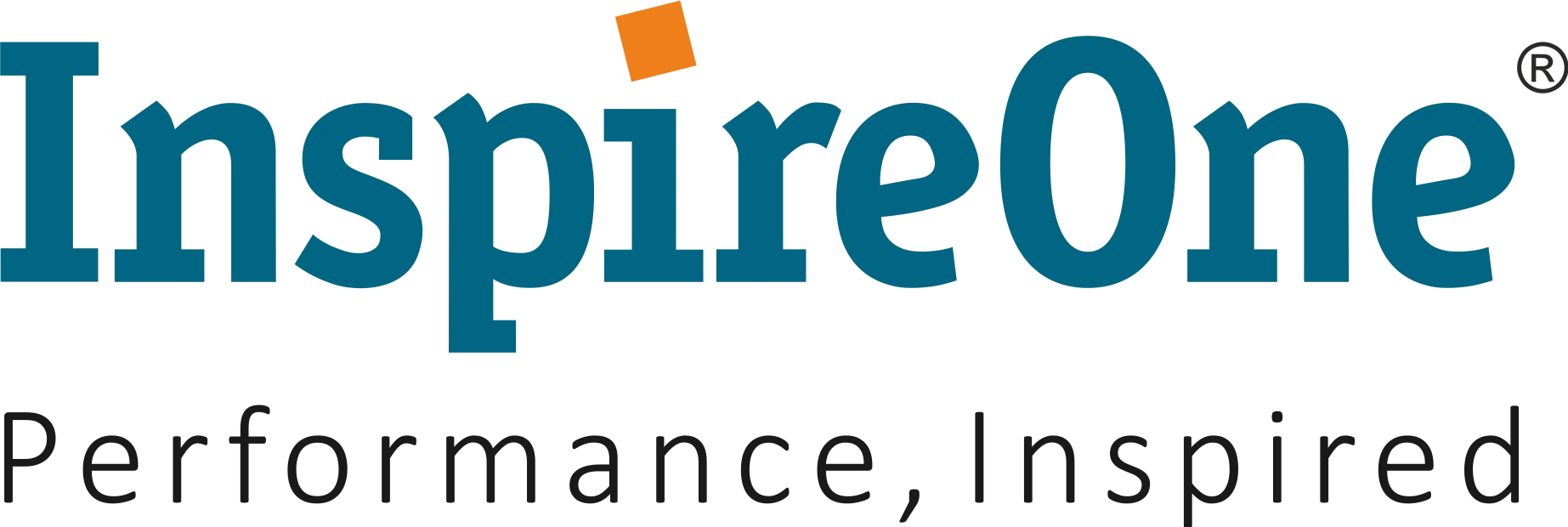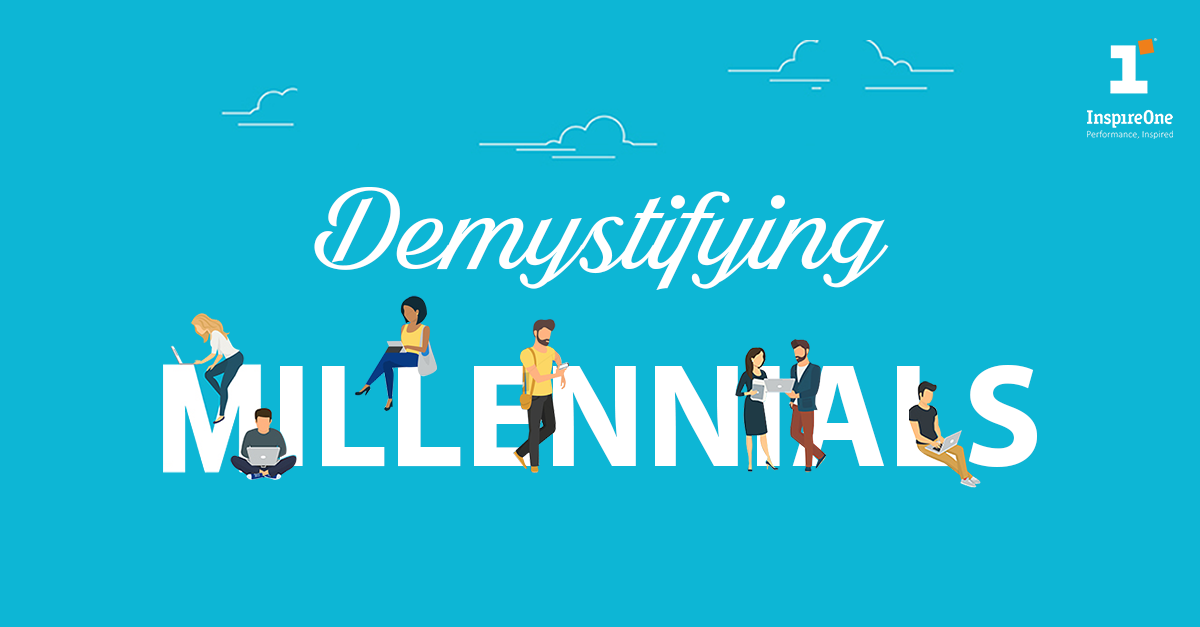“Millennials need to be asked what matters, and not told what matters”
– Jeff Martins, CEO, Tribal Brands Inc.
Millennials could be typically recognized as the latest generational cohort to have stepped into adulthood and the workforce. According to a study conducted by Deloitte, 44% of Millennials, if given the choice, would leave their current employers in the next two years. 66% of Millennials expect to leave their current positions by 2020, while just 16% of Millennials see themselves with their current employers a decade from now. Statistics like these often reinforce existing stereotypes in the minds of the other generations at the workplace, especially those of the supervisor of Millennials. The stereotypes usually focus on the perceived selfish and self-centered behavioral characteristics of the millennial generation; in addition to titles like lazy, entitled and disloyal; that have been endowed upon an entire generation.
However, given that Millennials would potentially make up more than 50% of the workforce by 2020, it is only prudent that these assumptions are challenged, corrected and problem solved for wherever required. Enough has been said a lot needs to be put in action to give this demographic appropriate and relevant focus.
Despite the stereotypes and the negative emotions surrounding the Millennials, it is hard to deny that this cohort has certainly up-skilled themselves, in certain aspects, with respect to the generations preceding them. Research suggests that Millennials are confident, aware and open to change. In extension, Millennials work better in groups, are more socially connected and are extremely competent with technology. They are also the most educated generation till date. This massive potential, that lies within this cohort, with regard to innovation, knowledge and workplace coverage, has been able to draw the attention of researchers and the businesses across industry. To be able to tap into this massive resource, it had become important, now more than ever, to be able to manage Millennials appropriately. Managing Millennials doesn’t equate to giving to their demands and fancies, but simply harness on what works the best for Millennials.
Millennials want interaction, both with their supervisors and their colleagues. The most elementary understanding of the above statement would be that Millennials call for the presence of a coach and/or mentor in the workplace instead of hierarchical managers and prefer working in teams than alone. This understanding could also be corroborated by data, which says, 70% would rather work as part of a group and 72% of those whose managers help them set performance goals, through feedback and asking questions (typical behaviors of coaches), are engaged. Engaging Millennials through technology would appear to be the most obvious way of doing so, given their ease with it, with 78% saying access to the technology they like makes them more effective at work. As a generation that is self-assured, the values they believe in and work towards are extremely crucial factors for them to be able to work well with other individuals. Which is why, it is not surprising to see that, 97% Millennials believe it’s important to work for someone who shares their values, more than financial gains.
We have worked with various corporates and organizations with Millennials stepping into leadership. It has been excessively tough for them to cooperate and coordinate but by tapping on to the psyche of Millennials we were able to help these organization to not just coordinate with Millennials but also to get the best out out them.
It is, therefore, safe to say that by aligning the understanding of Millennials by the other generations, would result in more engaged, content and productive millennial employees. Debunking myths suggests that the secret to attracting Millennials and creating a workplace where employees of all ages can thrive is to not rely on generational cliches. Rather, the trick is to treat everyone like an individual and catering to their needs without being excessively “pushy” or micro-managing the lives of the generation, that is waiting to metamorphose into a brilliant task force.
References
Deal, J. J. (n.d.). What Millennials Want from Work: How to Maximize Engagement in Today’s Workforce. 2016.
Gallup. (2018, March). How Millennials like to Work and Live. Retrieved from Gallup: http://news.gallup.com/reports/189830/millennials-work-live.aspx
Deloitte. (2014). Millennial Survey Report. Retrieved from Deloitte: https://www2.deloitte.com/content/dam/Deloitte/global/Documents/About-Deloitte/gx-dttl-2014-millennial-survey-report.pdf







